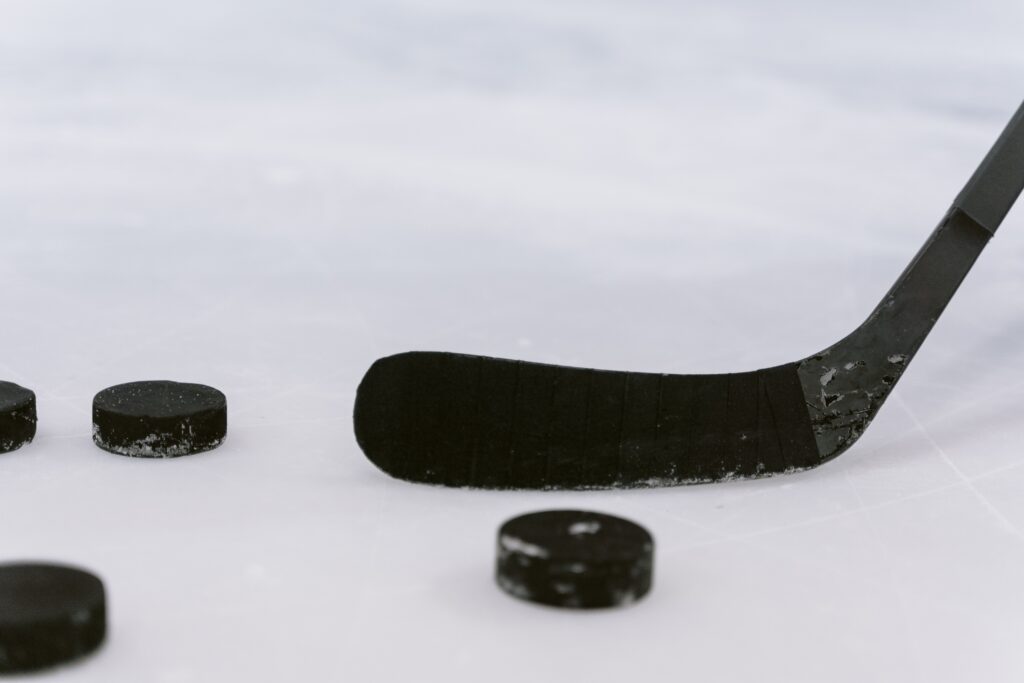The Canadian Centre for Ethics in Sport (CCES) has launched an expanded reporting service to receive reports of both doping and competition manipulation from the sport community. The CCES Integrity Hotline provides four secure and anonymous means to share information or evidence with confidence.
The CCES has partnered with RealResponse to ensure the hotline meets the needs of the people who want to speak up. RealResponse is a leading provider of a safe and secure reporting platform for athletes, teams, and organizations. Their tool allows individuals to anonymously share information and evidence with the CCES Integrity Hotline by phone, text, WhatsApp, or email.
“Protecting clean, fair, and safe sport is a collective responsibility… athletes and support personnel should feel secure and empowered to speak up if others are cheating or gaming the system. But coming forward with information takes courage and requires confidence in the reporting mechanism,” said Paul Melia, president and CEO of the CCES. “The new hotline provides stakeholders with common, easy-to-use methods to share information anonymously, thanks to RealResponse. We’re grateful to everyone who is willing to stand up for clean, fair, and safe sport.”
All reports to the hotline will be evaluated and can lead to investigations and/or targeted testing. Relevant information may also be shared with other anti-doping or integrity organizations. Report Doping, the CCES Integrity Hotline’s predecessor, has received more than 700 reports since 2013, which were used to establish multiple anti-doping rule violations across a range of sports and to guide intelligence-based test planning.
The CCES’s new strategic plan identifies competition manipulation as a priority because of its potential to be a major threat to the integrity of sport and the safety of athletes. Recently legalized in Canada, single-sport betting brings a greater likelihood of competition manipulation, which in turn places athlete safety and well-being at risk and starts to erode the public’s confidence in the integrity of the sporting competitions. This type of cheating is harder to detect than doping. We anticipate that information from the people affected by willful interference with the natural process of clean competition will be one of the significant values of the new CCES Integrity Hotline.
If competition manipulation reports are made to the CCES Integrity Hotline from sports that have an existing competition manipulation policy, the CCES will work with the sport organization to ensure the relevant information is reported. However, if competition manipulation reports are received from sports that do not have a policy in place, the CCES will assess the information and determine where the information may be directed, as well as the appropriate process that will be followed.
Tips to the hotline can include photos, videos, documents, and any other evidence that points to potential doping or competition manipulation. All reports will be anonymous unless the reporter chooses to reveal their identity, in which case the information will be treated as confidential.
Call, text, or WhatsApp 1-888-441-2237, or email integrity@cces.realresponse.com. For more about the CCES Integrity Hotline, go to www.cces.ca/integrity.
 Sports Media Report
Sports Media Report

